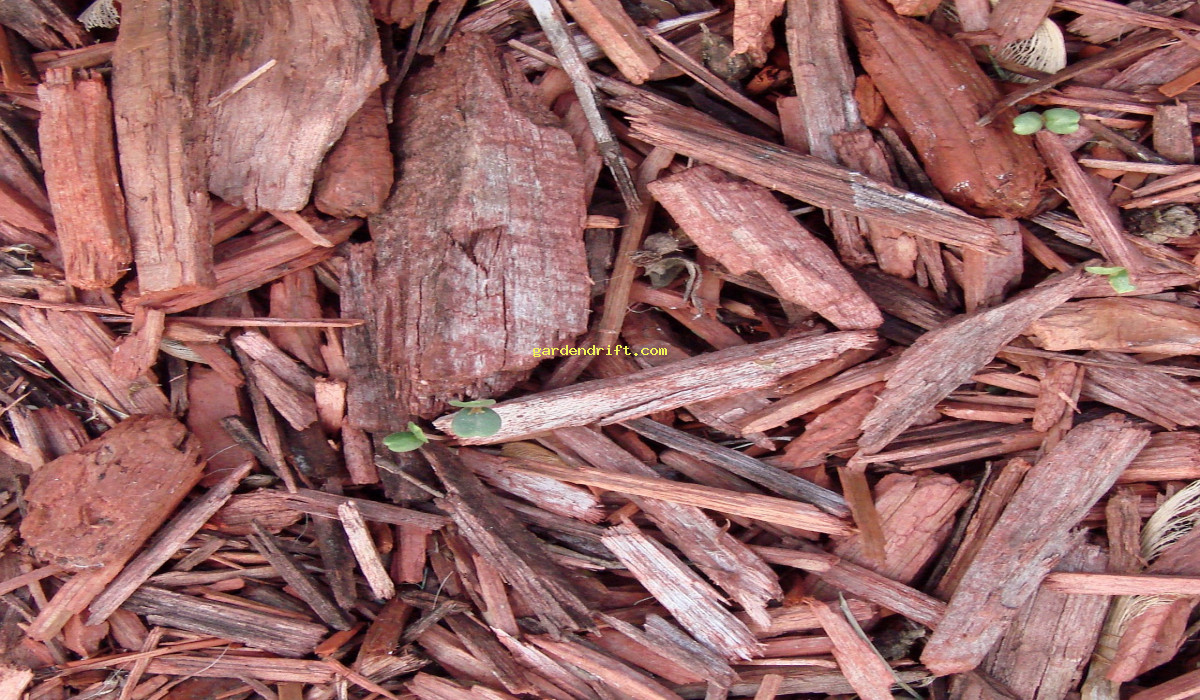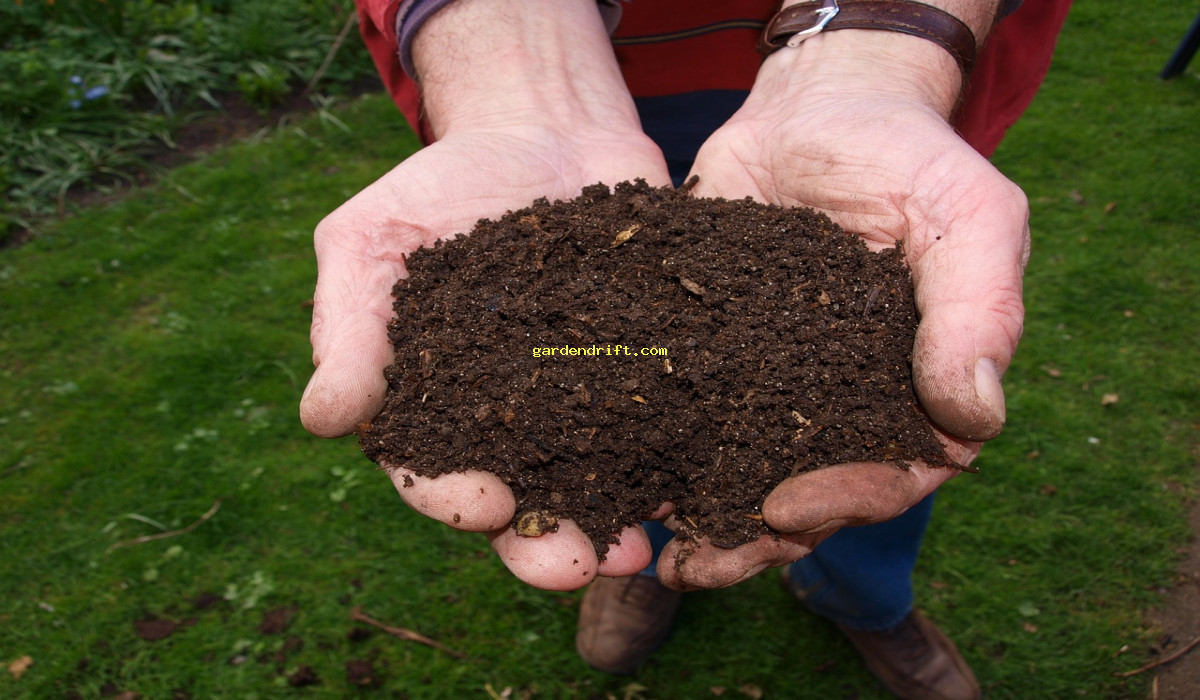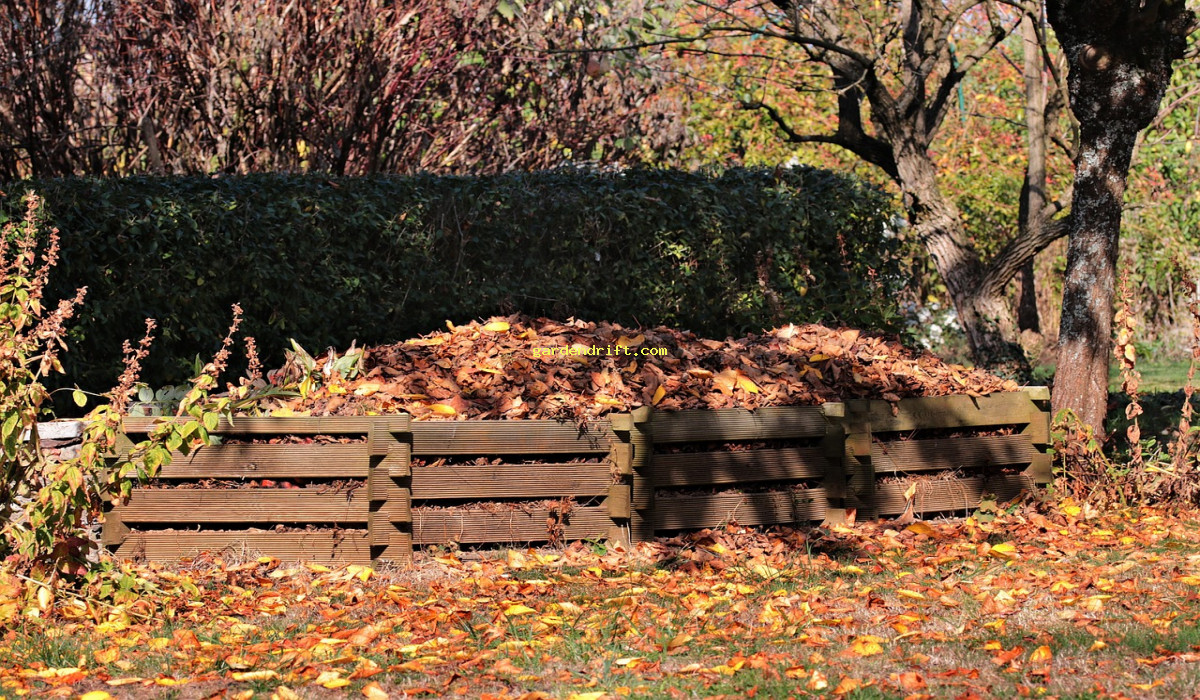5 Easy Steps to Create Perfect Garden Compost: A Comprehensive Guide. Discover the ultimate guide to making the best garden compost. From choosing the right ingredients to maintaining the perfect balance, follow these easy steps to create nutrient-rich compost for your plants to thrive. Transform your garden with this simple and natural method.

5 Easy Steps to Create Perfect Garden Compost: A Comprehensive Guide. balance follow these 5 Easy Steps to Create Perfect Garden Compost: A Comprehensive Guide
5 Easy Steps to Create Perfect Garden Compost
How to Make the Best Garden Compost
Composting is an eco-friendly and cost-effective way to enrich our gardens with nutrients while reducing waste. But not all compost is created equal. In order to make the best garden compost, there are several key factors to consider. From choosing the right materials to managing the composting process,5 Easy Steps to Create Perfect Garden Compost this blog post will provide you with all the information you need to create high-quality compost for your garden.
What is Composting?
Composting is the process of breaking down organic materials such as food scraps, yard waste, and manure into a nutrient-rich soil amendment. This process is done by microorganisms and other living organisms, which decompose the materials and turn them into compost. This dark,5 Easy Steps to Create Perfect Garden Compost crumbly and earthy-smelling material is a natural fertilizer that can improve soil structure, promote healthy plant growth, and even reduce the amount of waste sent to landfills.
Why is Composting Important?
Not only does composting reduce the amount of waste that ends up in landfills, 5 Easy Steps to Create Perfect Garden Compost but it also has numerous other benefits. Here are some of the reasons why composting is important for your garden:
– Enriches soil with essential nutrients
– Improves soil structure and aeration
– Retains moisture in the soil
– Suppresses plant diseases and pests
– Reduces the need for chemical fertilizers and pesticides
– Reduces erosion and runoff
– Saves space in landfills
– Reduces greenhouse gas emissions
– Promotes sustainability and environmental awareness
Getting Started: Choosing the Right Materials
The first step in making the best garden compost is choosing the right materials. Generally, 5 Easy Steps to Create Perfect Garden Compost there are two types of materials that can be composted: green materials and brown materials.
Green materials include items like fruit and vegetable scraps, coffee grounds, grass clippings, and garden trimmings. These materials are high in nitrogen, which helps speed up the composting process.
On the other hand, brown materials include items like dried leaves, wood chips, twigs, straw, and shredded paper. These materials are high in carbon, which helps provide food for the microorganisms responsible for breaking down the compost.
To make the best garden compost, 5 Easy Steps to Create Perfect Garden Compost it’s important to have a good mix of both green and brown materials. Aim for a ratio of about 1:2 – 1 part green materials to 2 parts brown materials. This balance will ensure that the compost has the right amount of nutrients and doesn’t become too dense or stinky.
What Not to Compost?
While there are many items that can be composted, some things should never be added to a compost pile. These include meats, dairy products, oils, and fats, as they can attract pests and make your compost smell bad. Similarly, 5 Easy Steps to Create Perfect Garden Compost avoid adding weeds that have gone to seed or plants treated with chemical pesticides, as these can introduce unwanted seeds or chemicals to your compost.
Composting Methods: Which One Works Best?
There are several composting methods to choose from, each with its own benefits and drawbacks. These include traditional composting, vermicomposting, and sheet composting.
Traditional composting involves creating a pile or bin and regularly turning and watering the materials to aerate the pile and speed up the process. While this method requires some effort,5 Easy Steps to Create Perfect Garden Compost it results in high-quality compost in a relatively short period of time.
Vermicomposting, also known as worm composting, uses red worms to break down organic materials into compost. This method is great for small spaces and produces a nutrient-rich liquid called worm tea that can be used as a natural fertilizer for plants.
Sheet composting involves layering organic materials on top of each other, similar to lasagna gardening. This method requires less maintenance but takes longer to produce compost.
When deciding on a composting method, 5 Easy Steps to Create Perfect Garden Compost consider the amount of space you have, the amount of effort you’re willing to put in, and the time frame you want to produce compost in.
Composting Dos and Don’ts
To ensure that your compost is high-quality and free from problems, 5 Easy Steps to Create Perfect Garden Compost here are some composting dos and don’ts to keep in mind:
Do:
– Keep a balance of green and brown materials
– Chop or shred large materials to speed up the process
– Keep the pile moist and aerated by turning it regularly
– Monitor the temperature of the compost pile, aiming for 120-150 degrees Fahrenheit
– Keep out unwanted materials like weeds, pet waste, and meat products
Don’t:
– Add diseased plants or plants treated with chemicals
– Add materials that take a long time to decompose, like wood chips and sawdust
– Add too much of one type of material, as this can result in a smelly or dense compost
– Neglect your compost pile, as it requires regular maintenance to produce good quality compost
Troubleshooting Common Compost Problems
Even with proper care, sometimes compost problems can still arise. Here are some common problems and how to address them:
– Smelly compost: This can happen if the compost pile becomes too dense or doesn’t have enough airflow. To fix this issue, turn the pile and add more brown materials to balance out the green materials.
– Slow decomposition: If your compost is taking a while to decompose, it may be lacking nitrogen. Add more green materials or a nitrogen-rich fertilizer like blood meal to speed up the process.
– Pests: If your compost is attracting unwanted pests, it could be because of the items you’ve added. Avoid adding meat, dairy, oils, and fats to your compost to reduce pest issues.
Using Your Compost
Once your compost is ready, 5 Easy Steps to Create Perfect Garden Compost it’s time to put it to use in your garden! Before adding it to your garden beds, make sure it has fully decomposed, looks dark and crumbly, and doesn’t have a strong smell. Then, simply mix it into the top few inches of soil to give your plants a nutrient boost.
Compost can also be used as a mulch to help retain moisture and suppress weeds. Simply spread a layer of compost around your plants, being careful not to pile it up too close to the stem or trunk, as this can cause rot.
Conclusion
By following these tips and techniques, 5 Easy Steps to Create Perfect Garden Compost you can make the best garden compost that will benefit both your garden and the environment. Remember to choose the right materials, regularly maintain your compost pile, and troubleshoot any issues that may arise. With time and patience, you’ll have a nutrient-rich and sustainable source of fertilizer for your garden. And not to mention, you’ll also be doing your part in reducing waste and promoting a healthier planet. Happy composting!

Discover the ultimate guide to making the best garden compost. From choosing the right ingredients to maintaining the perfect balance, follow these easy steps to create nutrient-rich compost for your plants to thrive. Transform your garden with this simple and natural method.. Garden Compost 5 Easy Steps to Create Perfect Garden Compost: A Comprehensive Guide
How do I start a garden compost?
To start a garden compost, you will need a compost bin or a designated composting area in your garden. You can then start by adding a layer of small twigs or straw at the bottom for aeration. Then, add a layer of brown materials such as dried leaves or shredded newspaper, followed by a layer of green materials such as grass clippings or kitchen scraps. Add water to keep the compost moist, and mix the layers occasionally to help with decomposition.

What should I not put in my garden compost?
It is important to avoid putting any meat, dairy, or oily foods into your garden compost as they can attract pests and slow down the composting process. Avoid adding any pet waste or plants treated with pesticides as well. Additionally, 5 Easy Steps to Create Perfect Garden Compost don’t add any paper or cardboard with colored ink or glossy finish, as they can contain harmful chemicals that can affect the quality of your compost.
How long does it take for compost to be ready?
The time it takes for compost to be ready depends on various factors such as the type of materials used, the size of the compost pile, and the weather conditions. Generally, it can take anywhere from 2 months to 2 years for compost to be ready. To speed up the process, make sure to have a good balance of brown and green materials, keep the compost moist, and regularly turn the pile to aerate it.
Can I use compost in my indoor plants?
Yes, you can use compost in your indoor plants as long as it is well-aged and completely decomposed. Using fresh compost can introduce harmful bacteria and fungi to your plants. To be safe, you can use store-bought compost or make your own compost specifically for indoor plants.
How can I tell when my compost is ready?
When your compost is ready, it should have a dark, crumbly texture and a pleasant earthy smell. You should not be able to recognize any of the original materials used. To test if your compost is ready, you can conduct a simple jar test by placing a sample of compost in a jar with water and shaking it. If the water becomes cloudy, the compost is not ready yet. If the water remains clear, your compost is ready to use!